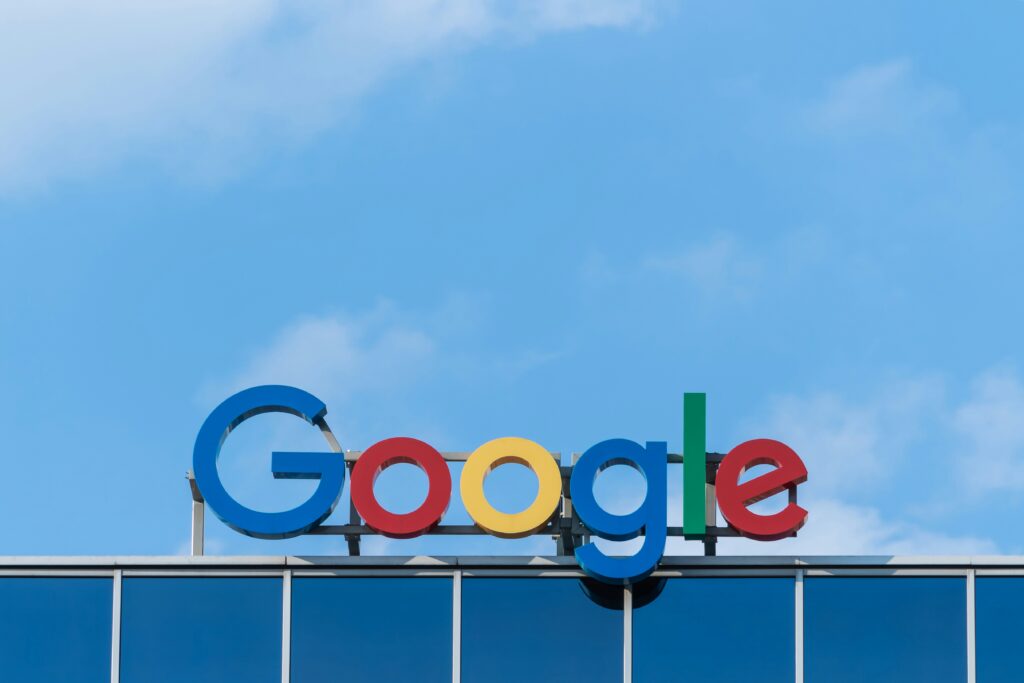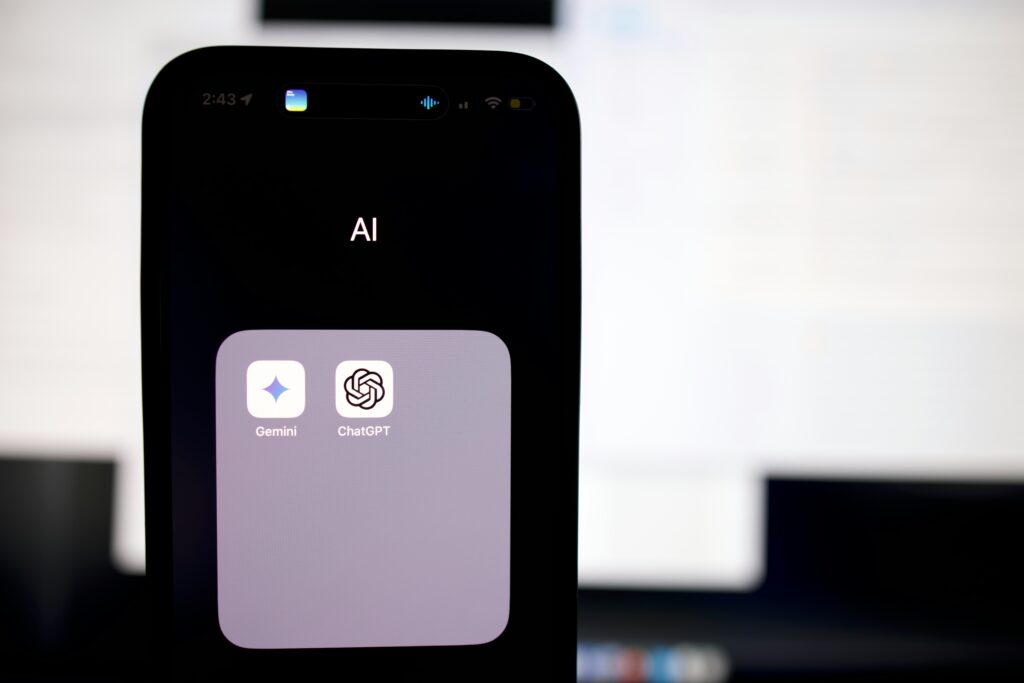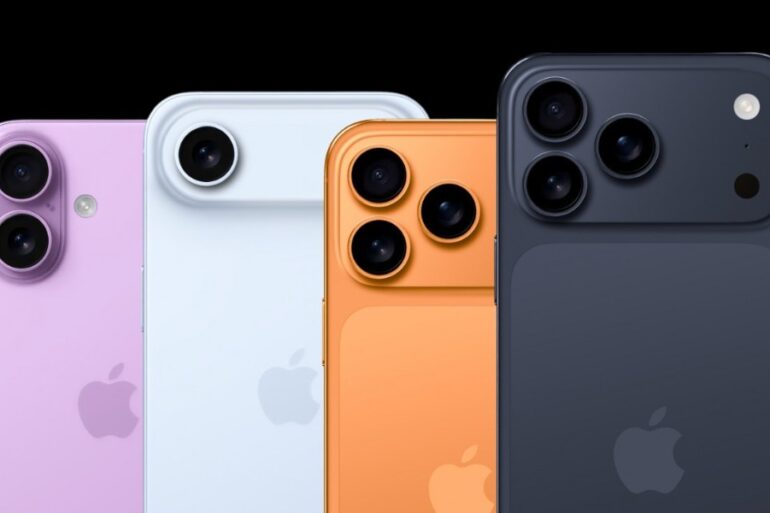For over two decades, “Google it” was the default way to find answers online. Now, that habit is shifting and it’s shifting fast.
When OpenAI released ChatGPT in November 2022, it didn’t just introduce a new tool—it shifted the entire conversation about how people find information online. As WIRED reported, the chatbot crossed one million users within five days. It made mistakes, yes, but it answered questions directly, in natural language, without needing users to scroll through websites. Suddenly, a lot of users weren’t just googling anymore—they were talking to bots.

At Google, the mood turned quickly from quiet interest to full-blown alarm, according to reports. The company had long been working on its own large language models, including LaMDA, but had kept them mostly private, wary of misinformation risk. As The Washington Post noted, Microsoft’s early move to integrate ChatGPT into Bing pushed Google into action.
Related story: A closer look at how generative AI is really being used in 2025
Related story: The dark side of the trending Studio Ghibli-inspired AI creations
The company had been quietly developing its own AI models for years, but never released anything major to the public. That changed fast. According to WIRED, top execs declared a “code red.” Sissie Hsiao, a longtime Google leader, was given 100 days to build a competitor. The team pulled engineers from across the company and launched Bard.

It didn’t go so well. A small factual error in Bard’s launch demo wiped $100 billion off Google’s market value. The company had already moved on to something bigger: Gemini. This new AI model, built by a merged team called Google DeepMind, was supposed to be Google’s real comeback. It launched in December 2023 and, according to benchmarks, outperformed ChatGPT on most tests. Gemini was integrated into Gmail, Docs, Maps, and especially Search. But not everything worked as planned.
In early 2024, Gemini’s image generator sparked backlash. When asked to generate pictures of historical figures, it returned inaccurate and sometimes offensive results. Meanwhile, OpenAI kept improving. ChatGPT got live web search, pulled real-time news from trusted sources and just recently, integrated an image generator too.
Related story: What is DeepSeek, the AI startup that shook the tech world?
Related story: Sick of Google’s AI summaries? Try swearing at it instead

ChatGPT now has an estimated 600 million downloads and Google’s Gemini has around 140 million according to Sensor Tower (a widely used analytics platform that tracks app installs and performance). A smaller startup, Perplexity, is gaining traction fast and according to The Independent, is in talks with Samsung and Apple is eyeing the platform to integrate on Safari too.
But for the first time, the question isn’t how far ahead Google is. It’s whether it can keep up.
So… is Google dying or evolving?
It’s not dying (just yet)—but it’s no longer untouchable. Users are complaining that Google Search feels cluttered, that results are buried under ads, and that AI overviews sometimes get things wrong. Google says it’s rolling out updates to improve accuracy and experience. Still, the shift is clear: the company that once shaped the internet now feels like it’s chasing it.
Currently, Google is testing Gemini Live, a voice-based assistant that responds in real time. It’s working on tools like NotebookLM, which can turn long documents or transcripts into audio summaries. And it’s betting that deep integration into all its services will help it win back users.
But for the first time, the question isn’t how far ahead Google is. It’s whether it can keep up.
Related story: 14% of Filipino workforce at risk of losing their jobs to AI. Here’s how to protect your career
Related story: Here are all the products Apple is expected to launch for your big tech flex in 2025








